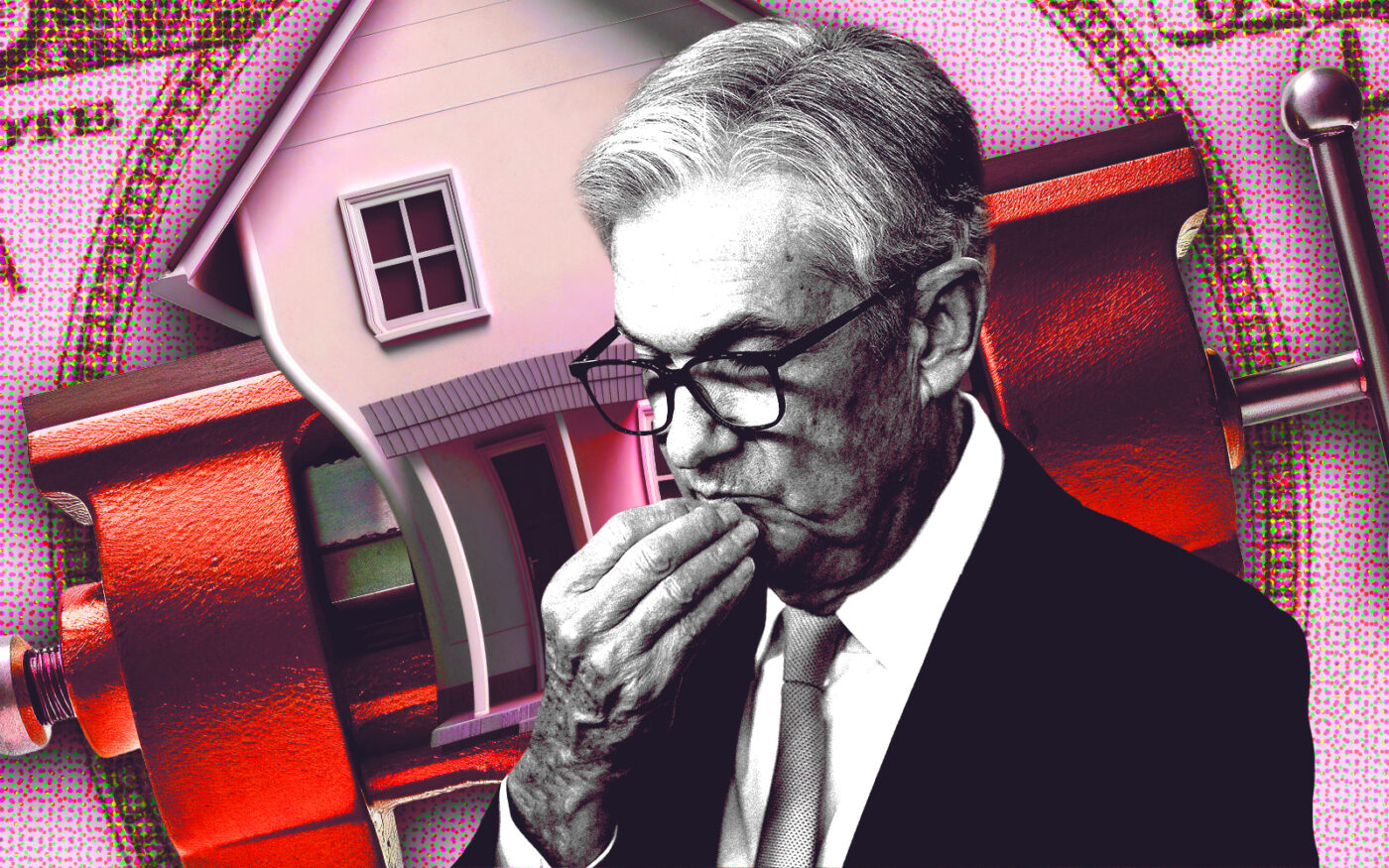The conventional wisdom is that the Federal Reserve had to jack up interest rates and keep them elevated — causing immense pain to real estate investors — to bring inflation under control.
But what if the conventional wisdom is wrong? What if the Fed could have raised rates less, reduced them sooner, and employed more targeted measures to fight inflation?
Some experts are making that case. If they’re right, the Fed owes real estate an apology.
No industry relies on debt more. Its critics sometimes say, “No one is forcing anyone to borrow money,” but that is naive. Real estate players who use debt can grow faster and outcompete those who don’t, so for most, it’s not really a choice.
Could borrowers have hedged against the Fed’s rate hikes? Some bought rate caps, which are like an insurance policy against rate increases, but the caps are expiring while rates remain at their highest point since the mid 2000s.
Could they have locked in long-term loans? A typical commercial real estate loan is interest-only and matures in five years. Many are floating-rate because they are cheaper, at least at the outset. Now there’s a steady drumbeat of loans coming due on properties that don’t generate enough revenue to pay today’s much higher interest rates.
In CRE, it’s refi or die. And on the residential side, most Americans can’t afford a home without getting a mortgage. Those loan-fueled purchases support millions of jobs.
Blaming property investors for exposing themselves to what have been unprecedented rate hikes is like blaming fishermen for living on the coast when a tsunami hits. The Fed knew that people would drown when, beginning in March 2022, it raised the federal funds rate by 525 basis points in less than 18 months. And it should have known it would freeze the housing market, too. Brokers and agents certainly did.
Given that the Fed had lowered the rate to zero to offset the anticipated economic effects of the pandemic, the increases were, percentage-wise, its fastest and steepest ever — more severe even than those championed by Paul Volcker four decades ago. Only five times in its history has the Fed raised rates by 75 basis points at once — once in 2004 and four times in its recent blitz.
The Fed also began selling mortgage-backed securities in June 2022, which drove up mortgage rates specifically. Home sales came to a virtual stop.
A growing chorus has been asking if the Fed should have explored other options.
“It’s unclear whether interest rates are the best tool to reduce the kind of inflation the United States has been experiencing,” wrote Jen Harris, a former senior director of international economics on the National Security Council and National Economic Council.
Supply shortages caused by the pandemic, wars and climate change drove up inflation much more than a few stimulus checks did. But the Fed’s rate hikes, intended to reduce demand, have also worsened supply problems, she argued.
The hikes have certainly done that in the housing market. As owners cling to pre-pandemic low-rate mortgages and homebuilders are hampered by high borrowing costs, inventory of for-sale homes has been abysmal for three years. That has kept home prices high despite 7 percent mortgage rates, trapping Americans in the rental market and pushing up rents.
As investment banker Daniel Alpert wrote, high housing costs were a big component of inflation. Central bankers were shooting themselves in the foot.
Harris said the Fed should have instead attacked drivers of inflation with targeted policies rather than relying on broad rate hikes. Alpert recommended the Fed buy mortgage securities to ease mortgage rates, independent of other rates.
The Fed’s supporters can argue that the central bank has successfully created an elusive soft landing — bringing inflation down without triggering a recession (yet). But it’s quite possible that the end of the pandemic and easing of supply-chain problems, not the Fed’s actions, were the main reason inflation fell.
What we know for sure is that the rate hikes have been the primary cause of suffering in commercial and residential real estate. Remote work in the office sector was beyond anyone’s control, but the rate hikes were all the central bank. No wonder the real estate industry is Fed up.
